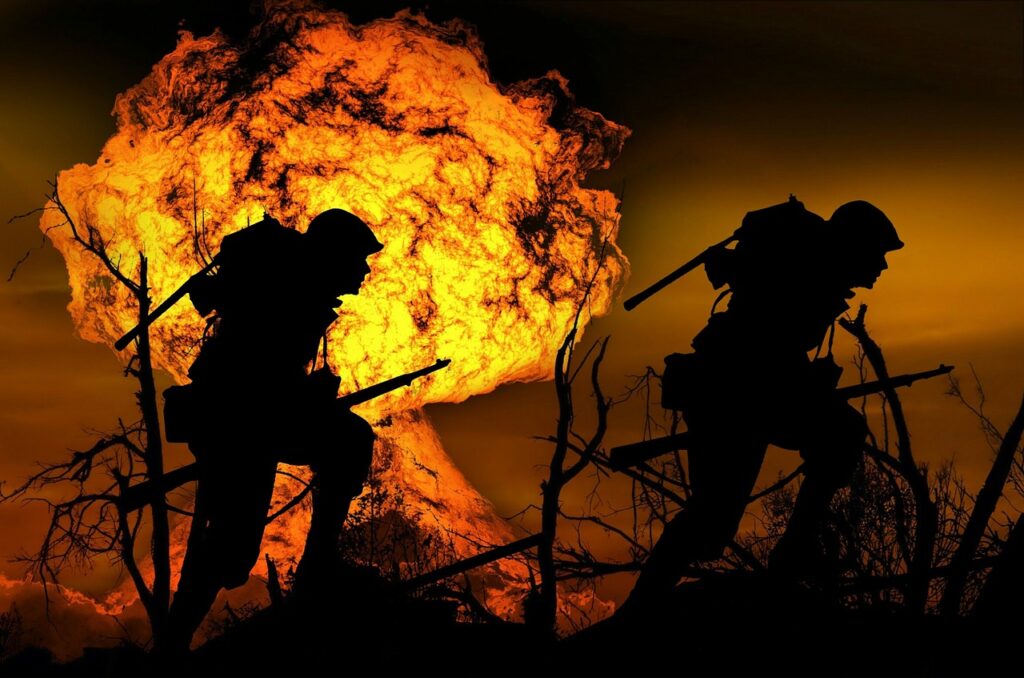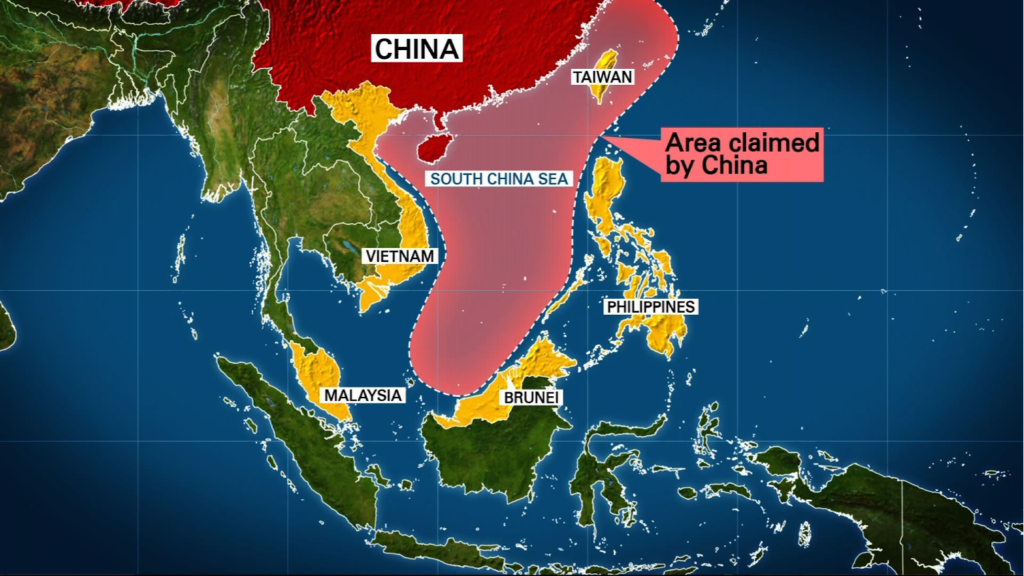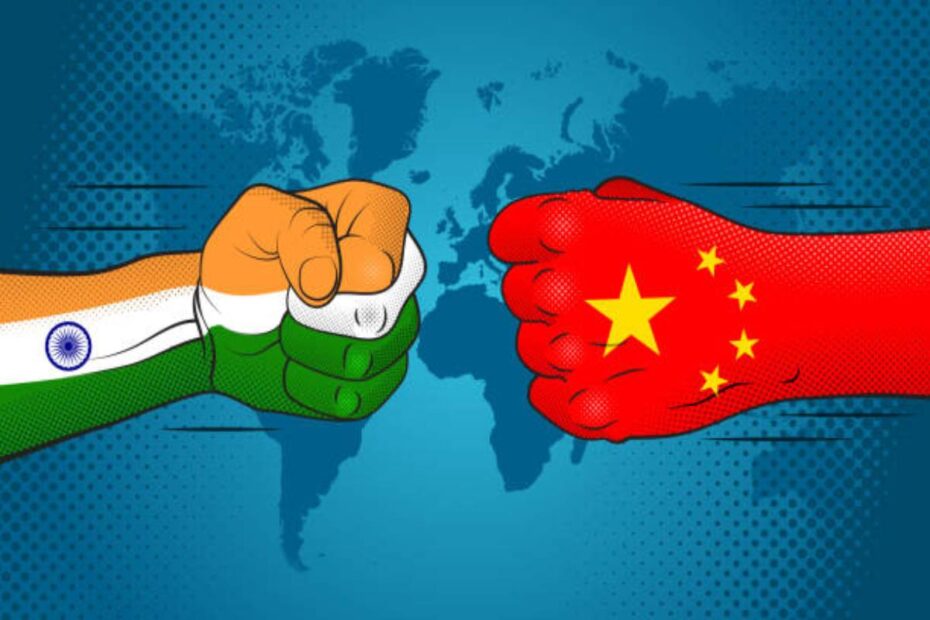India and China are the two Asian Nations who are the future superpowers of the 21st century. India and China if contribute together can shape the geopolitics towards Asian nations rather than focusing to the west. Unfortunately, although they are near geographically, got independence nearly the same years but lack clear vision and certain times we saw the conflicts directly between them. Whether it is the war of 1962, or the Doklam Crisis in 2017 and even the Galwan incident of 2020, they are always on the verge of war.
India and China signed the Panchasheel agreement in 1954, focusing on mutual benefit, peaceful co-existence and non-interference in internal affairs. Today everyone knows the reality where China under Mao Zedong Policies promote “PALM PRINCIPLE” including Indian territories of Ladakh and Arunachal Pradesh(Tawang). Even Aksai Chin territory of India, administered by China. We have witnessed how Chinese issue stapled visas for the Arunachal and Ladakhi people.

This time a UK based research group, RUCI predicted that India and China can go for war in 2025-2030. As you all know how China is building pressure on South East Asian Nations in the South China Sea Region where they claim islands like Scarborough Shoal, Spratly Islands, Paracel Islands etc. as their own territory under Nine-Dash Line, as per United Nations Convention on Law of the Sea (UNCLOS). India is supporting Philippines in this region which is backed by a military agreement by USA. Even Maldives is another reason in the Indian Ocean Region. China-Pakistan Economic Corridor (CPEC) is also one among the most probable reasons.

In this video you will get to know about the dispute in detail and what will be the repercussions if both the giants goes for war. You can click on the link above to understand the essence of the topic and share your thoughts as well. What you think well we will never pray for any such incident as it could lead to Third World War. Although the Russia-Ukraine War and Israel- Hamas War has emphasised much more on inward looking policies rather than multi-faceted approach.


